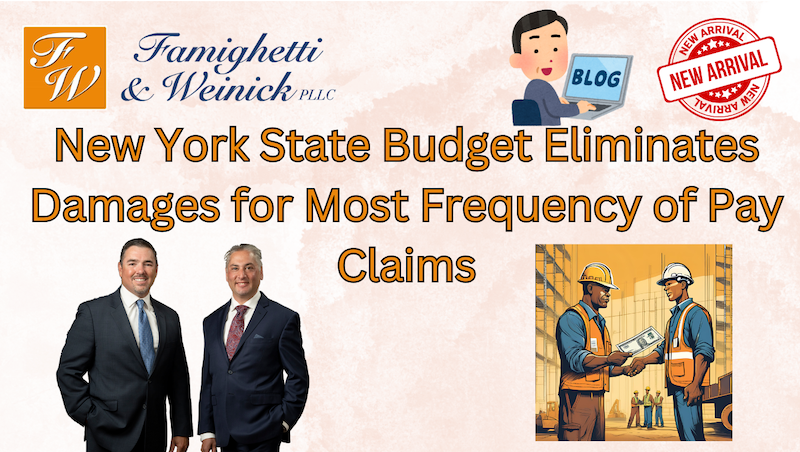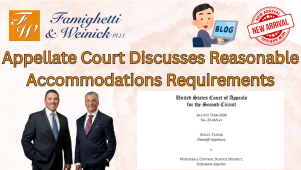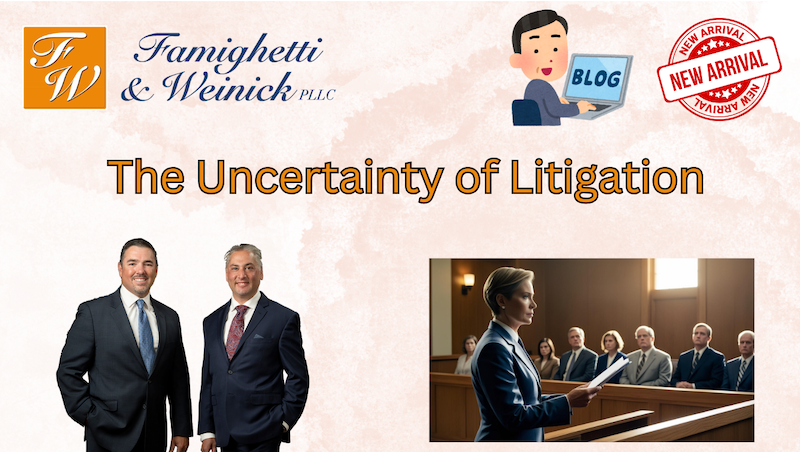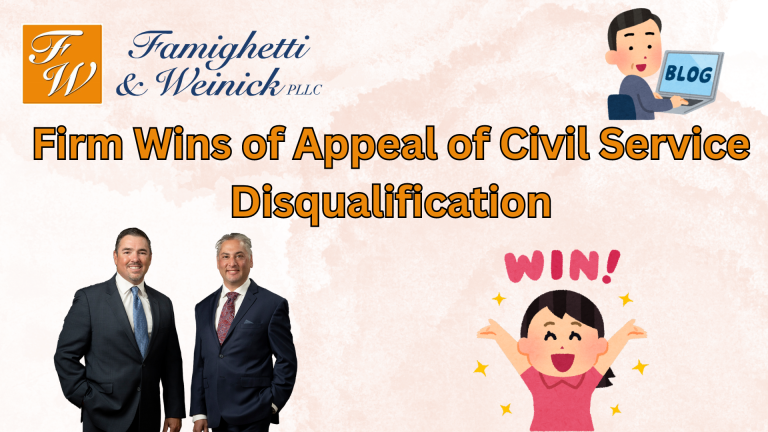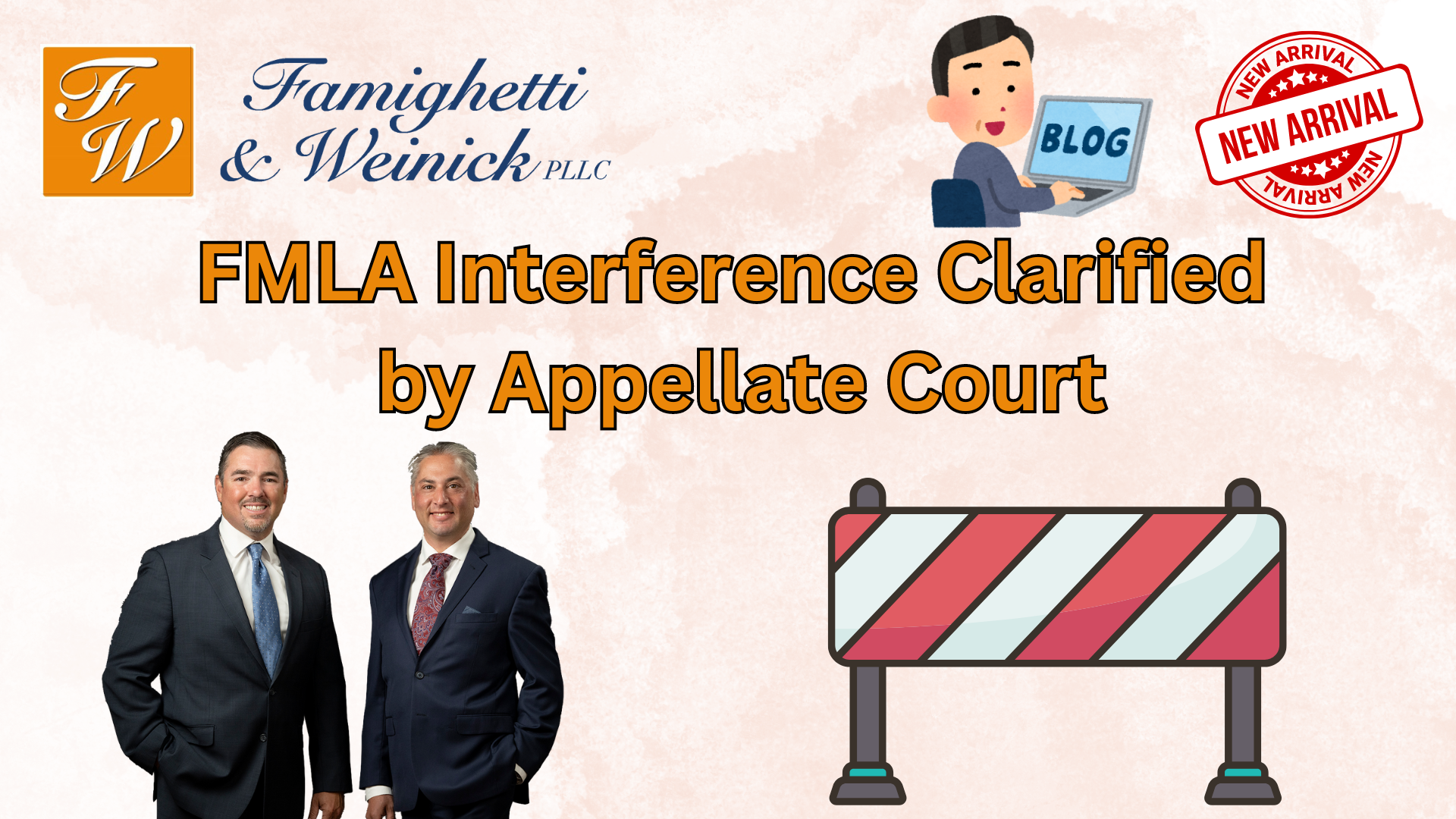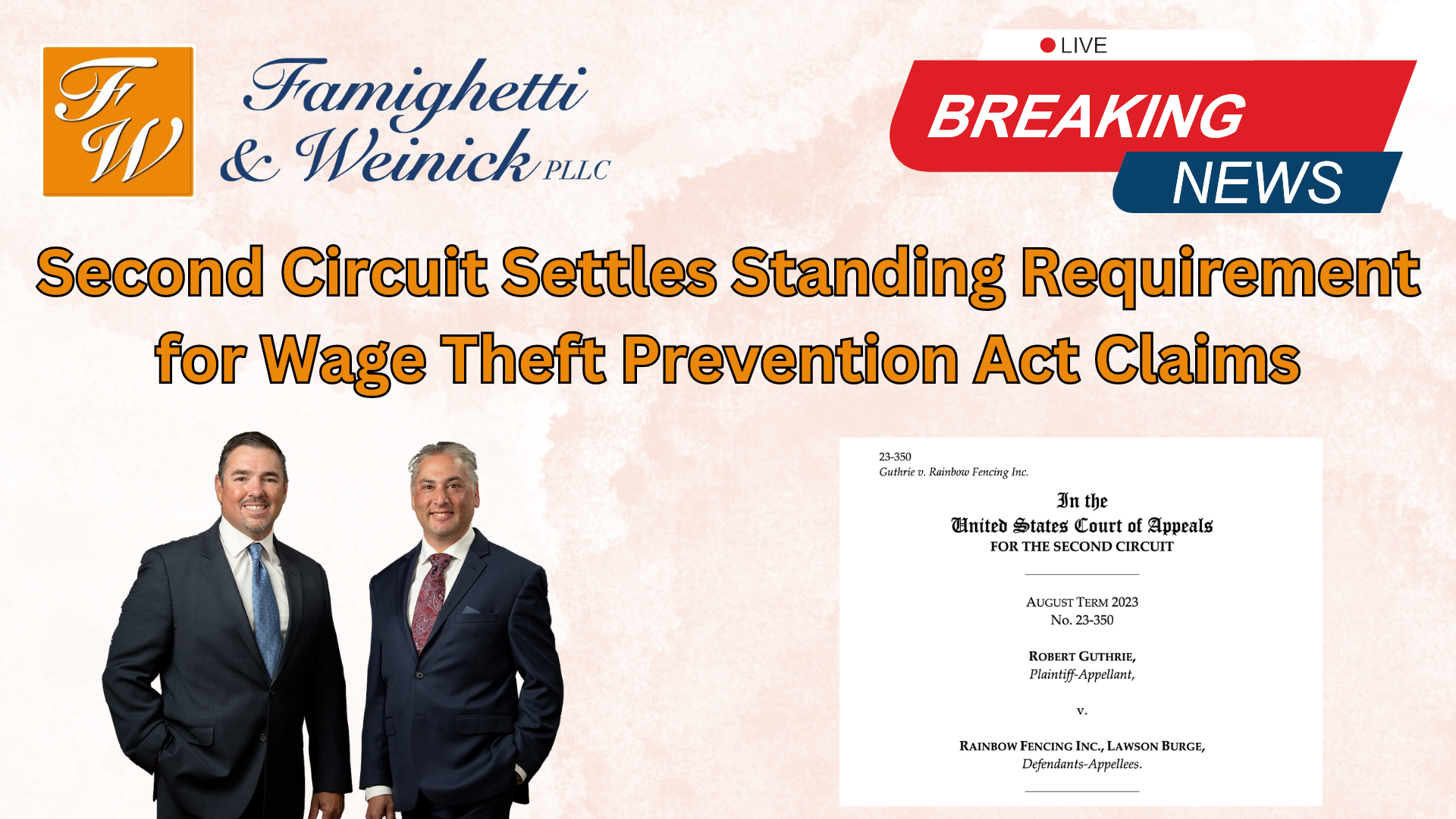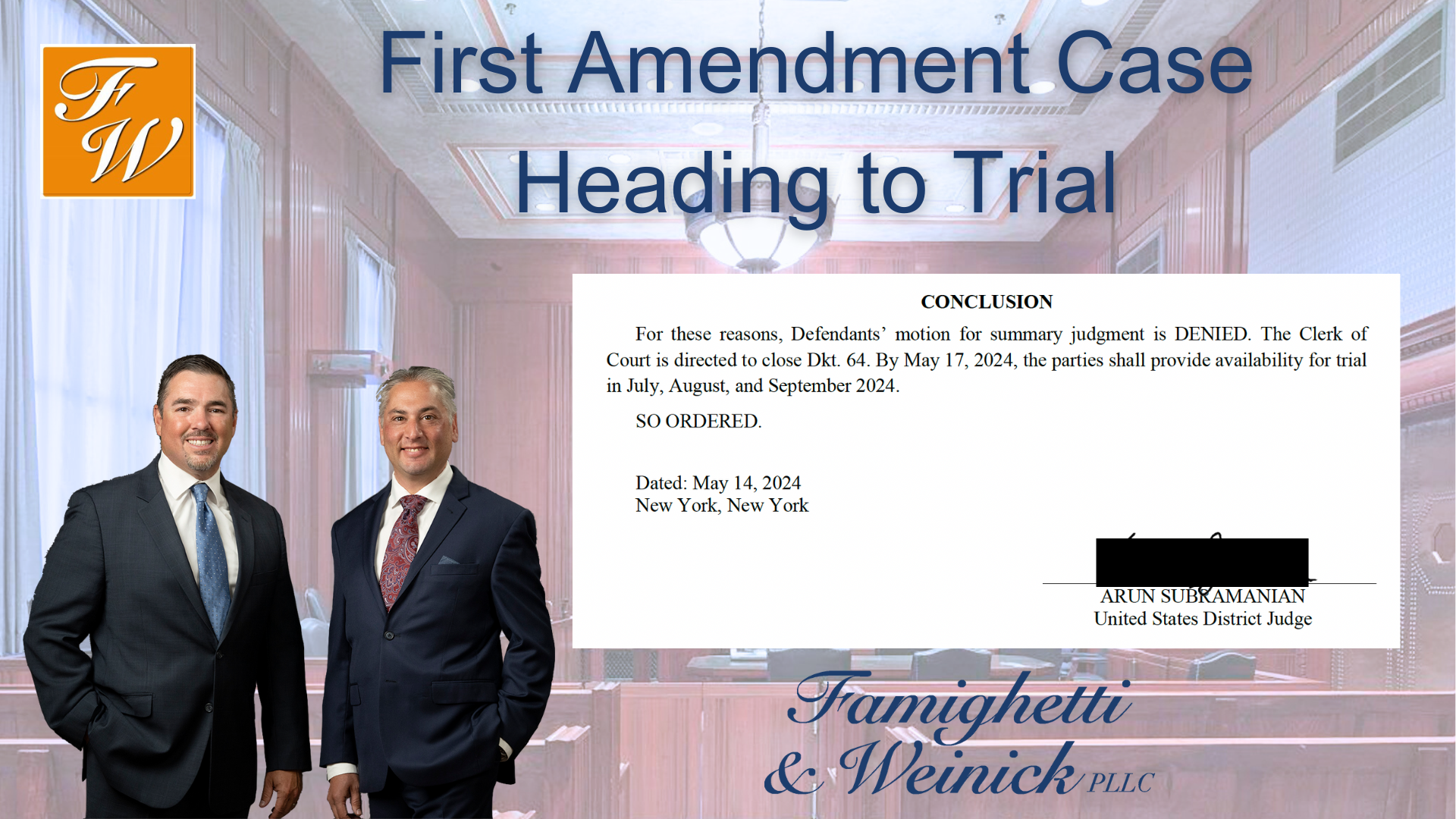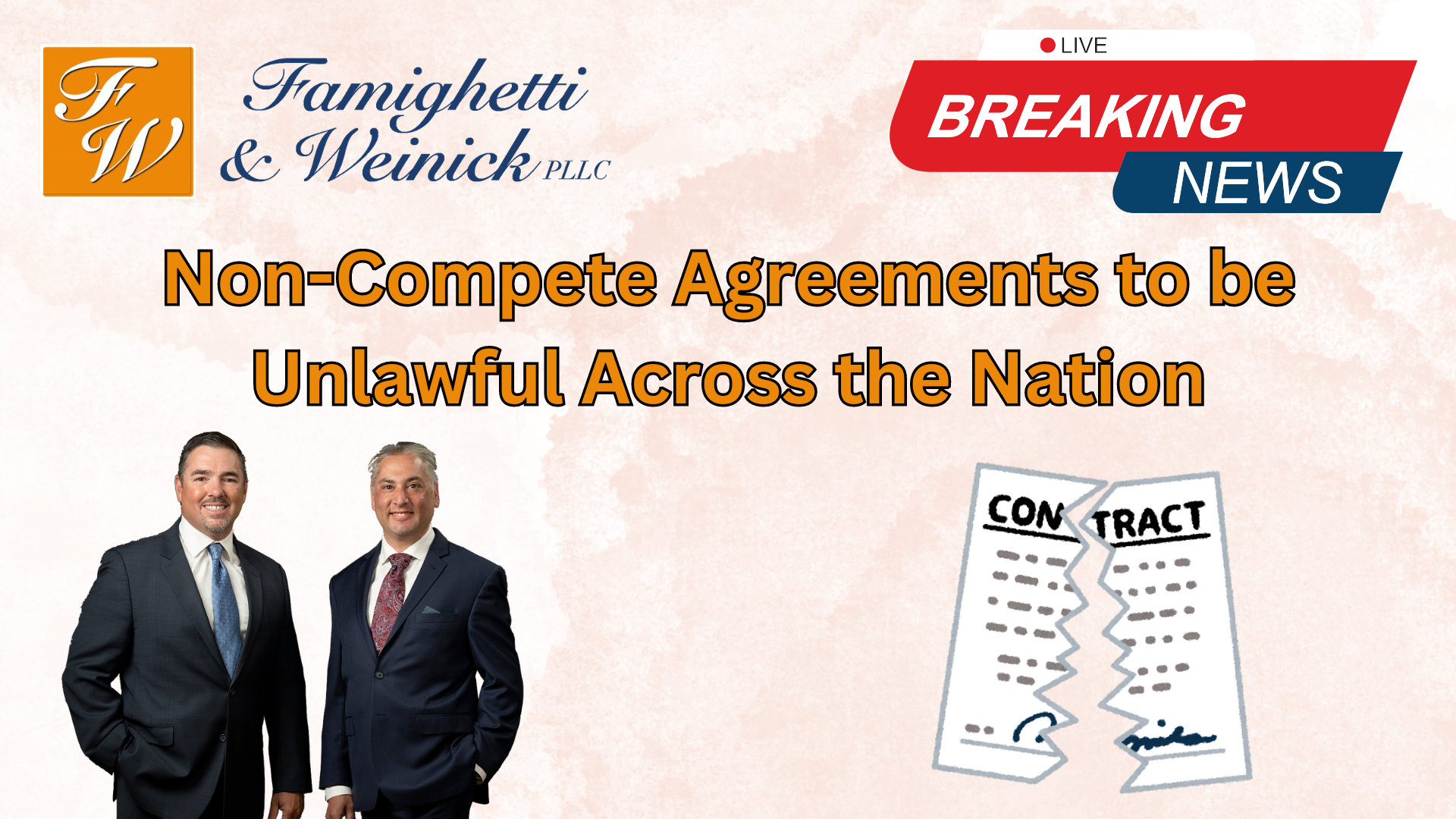Under New York Labor 191, employers are required to pay manual workers every week. But, what happens if an employer pays all the wages that are due to an employee, but pays them late? For example, if an employer pays a manual worker every other week, can the employee sue the employer for violating the…
Continue reading ›Your Side










